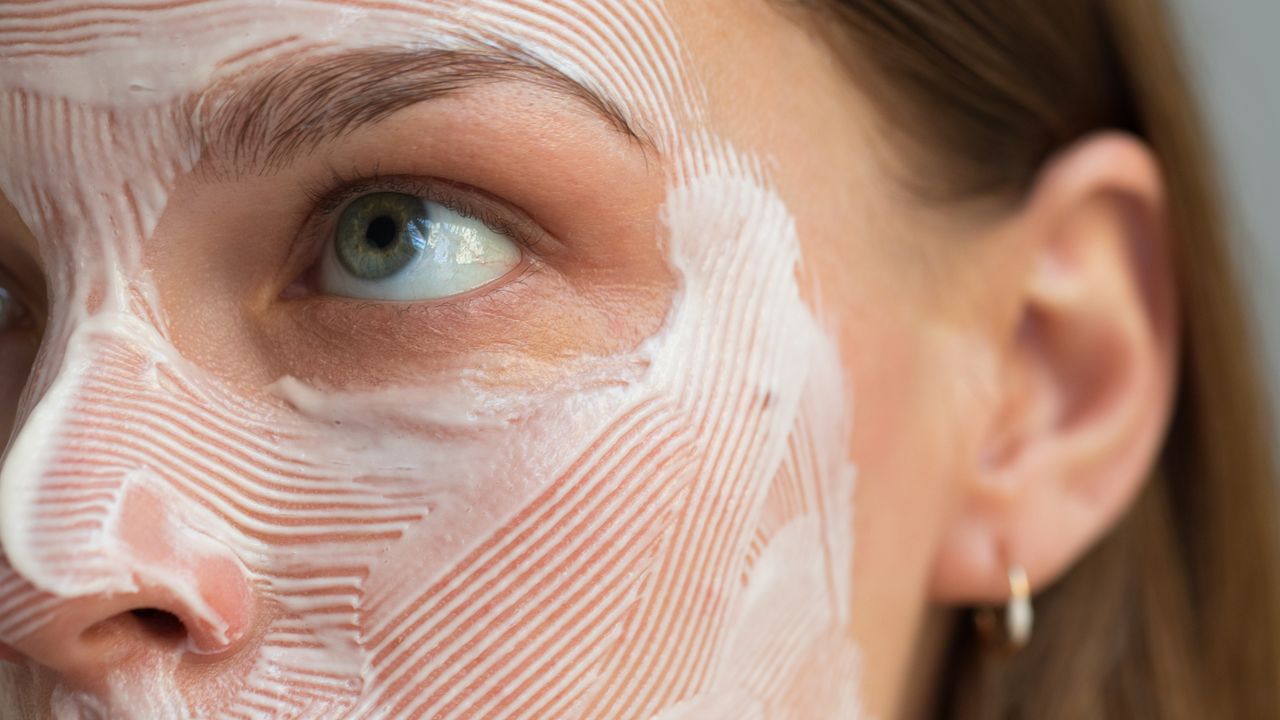So, our stratum corneums now cracked and angry, the skin-care industry swung toward ceramide-rich balms and peptide-packed serums that could help cushion these wounded skin barriers. According to Google Trends, searches for “slugging”—that is, applying a thin layer of petroleum jelly atop your skin care to prevent moisture loss—peaked in July 2023, but “barrier repair” is still holding relatively strong; its highest search volume was in January of this year.
It’s possible, however, that we over-repaired our barriers. Case in point: A client recently came to Pavitt’s chair having done a full “barrier support” routine—cream cleanser, milky toner, hydrating serum, peptide serum, moisturizer, slugging cream, and SPF lotion—twice daily for a few months. But rather than giving her glowing, plump, glass skin, “it was causing massive irritation,” Pavitt tells Allure.
It certainly feels like Big Skin Barrier is working overtime right now. “Barrier support is a very trendy subject within beauty,” says Pavitt. “Brands are leaning into it by marketing a lot of specialized products.’”
Indeed, on Ulta.com, a search for “skin barrier” currently returns over 1,400 products. On Amazon.com, you’ll receive more than 30,000 results. These “skin barrier” products range from the requisite moisturizers to sunscreens, skin tints, and even bronzers, all containing so-called “repairing” ingredients like ceramides or niacinamide or squalane or peptides.
Dr. King points to niacinamide—the popular vitamin B-derivative used for everything from minimizing the look of pores to brightening—in particular as a potential irritant. “Topical niacinamide can increase the skin’s production of ceramides and have stabilizing effects on the skin’s barrier function, which can help improve moisture retention,” she says. “But niacinamide at concentrations greater than 5% can cause irritation in sensitive skin.”
Jess Bowers, a New York City-based facialist, says she’s “absolutely” noticed a link between skin irritation and barrier repair products. Like Pavitt, she starts by playing detective: “When a client comes in for the first time and has red, inflamed, irritated skin I always ask what they use and will tell them right away to stop using most of their products” which often includes several intended for barrier repair, she says.
Although Corey L. Hartman, MD, a board-certified dermatologist based in Birmingham, Alabama, has not noticed the same pattern as Pavitt and Bowers in his practice, he advises, “You really only need to be using one product specifically designed to help boost the health of your skin barrier.”

